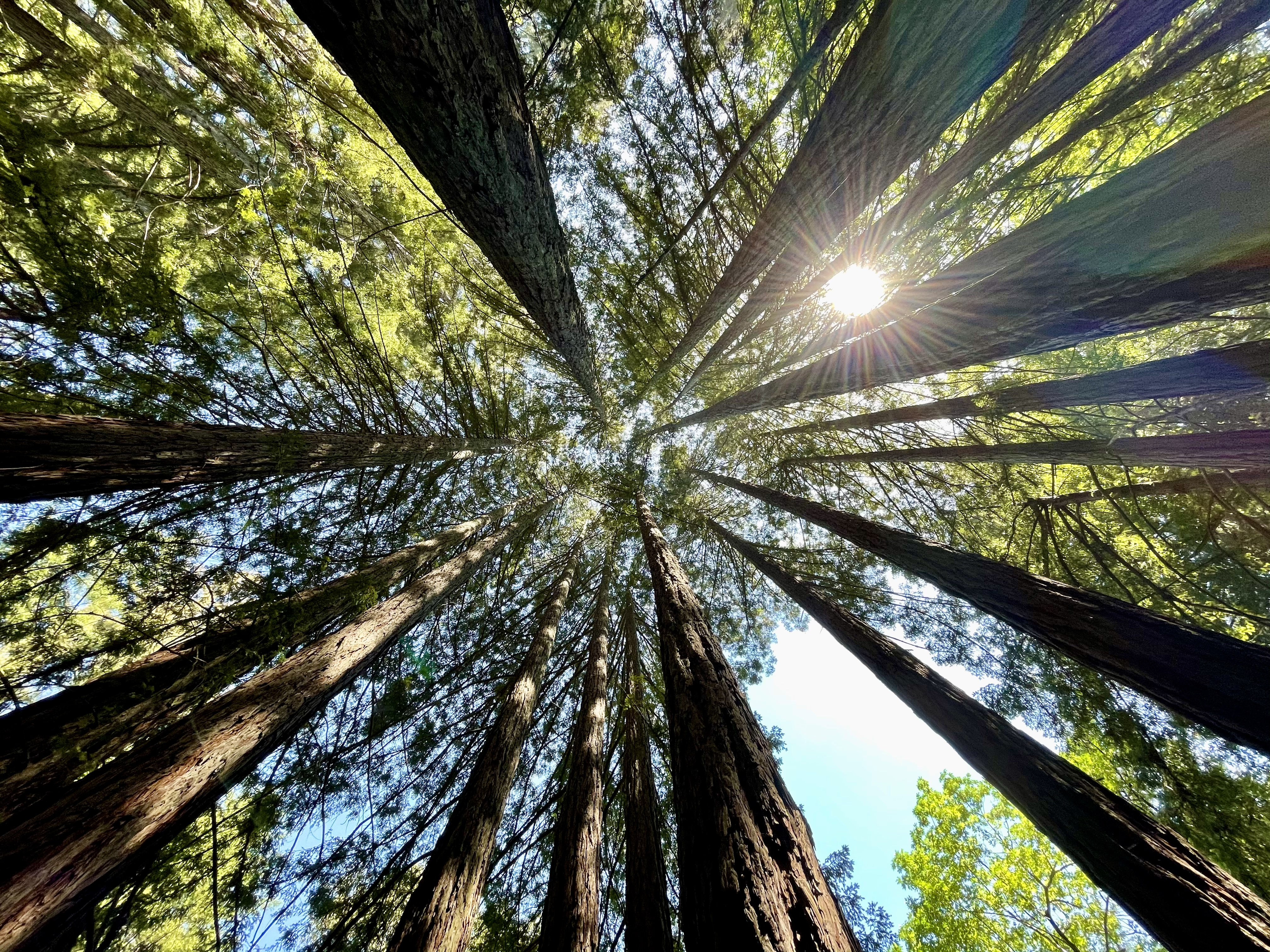People say knowledge is power, which is true. However, a critical step is missing from this phrase: one must have information to acquire knowledge.
Everyone who knows me well knows that I dig deep. Whether it’s researching what’s the best sunscreen or just getting to know a new friend: I’m not interested in merely scratching the surface. I want to know and understand deeply.
In order to have knowledge, or know or understand things deeply, you need information. Sometimes a little bit of information leads you to realizing you need even more information. This would be what are often called “rabbit holes.” But, in fact, the more good and accurate information you have, the better your knowledge is. Consider knowledge that comes from a complete set of information as a superpower. I want superpowers ALWAYS.
As Staff Attorney at GASP, I am in a constant state of information-seeking. I am always aiming to obtain more knowledge. Oftentimes, this takes the form of seeking information through public records.
What is a public record? Alabama statute (Ala. Code § 41-13-1) defines it as “all written, typed or printed books, papers, letters, documents and maps made or received in pursuance of law by the public officers of the state, counties, municipalities and other subdivisions of government in the transactions of public business and shall also include any record authorized to be made by any law of this state belonging or pertaining to any court of record or any other public record authorized by law or any paper, pleading, exhibit or other writing filed with, in or by any such court, office or officer.”
Every citizen of Alabama has the right to inspect and take a copy of any public writing of this state (Ala. Code 36-12-40). Sounds great, right? Well, the second sentence of that is “except as otherwise expressly provided by statute.” Because our Open Records Act, as this statute is called, is so broad, (some, including myself, even go so far as to call it “toothless”) the Alabama Supreme Court has denied access to certain records where there is no express statutory provision for doing so. A 2008 study by the Better Government Association even ranked Alabama #48 in the nation regarding transparency.
Practically, what this looks like is sending a letter to a state agency or branch of government subject to the Open Records Act asking for certain records. You must be careful because if it isn’t specific enough (date range can’t be too broad, you need to name certain people where you can and get really specific on subject matter) , you’ll get a letter back saying your request is too broad. We also almost always pay for the records and the reasonable search fee. After often fighting back and forth over whether or not I requested properly, and sometimes even needing to litigate requests, we receive responsive records. But sometime we don’t, which is why we filed this lawsuit.
At the federal level, you can obtain information from certain government agencies using the Freedom of Information Act. For me, that’s almost always a FOIA, as we call it, to the Environmental Protection Agency. Simple requests can yield records produced, without a cost, relatively quickly: within a month or two. But remember what I said: I go deep. So very rarely am I looking for something simple.
Then comes the fact that records may be voluminous. And we’re a small nonprofit, so we can’t be maxing out our annual budget on records through FOIA. So, I have to submit a fee waiver request. Which basically is me logically walking through 6 factors required in narrative form to submit along with my FOIA request. When all is said and done, I have spent well over an hour just preparing such a request for information. Then you likely will have calls and emails back and forth with a FOIA Officer about your request. If your fee waiver is approved, then you at least don’t pay for records. Generally, from start to finish, getting records through FOIA takes, at best, a month or two, and at worst, I have waited almost half a year to get records.
Also remember that sometimes when you are seeking records, you don’t know what records may exist, but you know you need information relating to a certain subject matter. This is where the game feels rigged: your request is overbroad, so you can’t receive records. But how do you specifically ask for things you don’t know if they exist?
As you can see, a quest for complete information can be time consuming and sometimes throws up roadblocks. This means you can be operating without the knowledge you need. Without your superpowers.
Our system for seeking information is imperfect. This affects government transparency. It affects the ability of the public to have the power of knowledge. All the work GASP does in obtaining more information through public records is critical. But it’d be great if it didn’t require such time, effort, and cost to do so.


